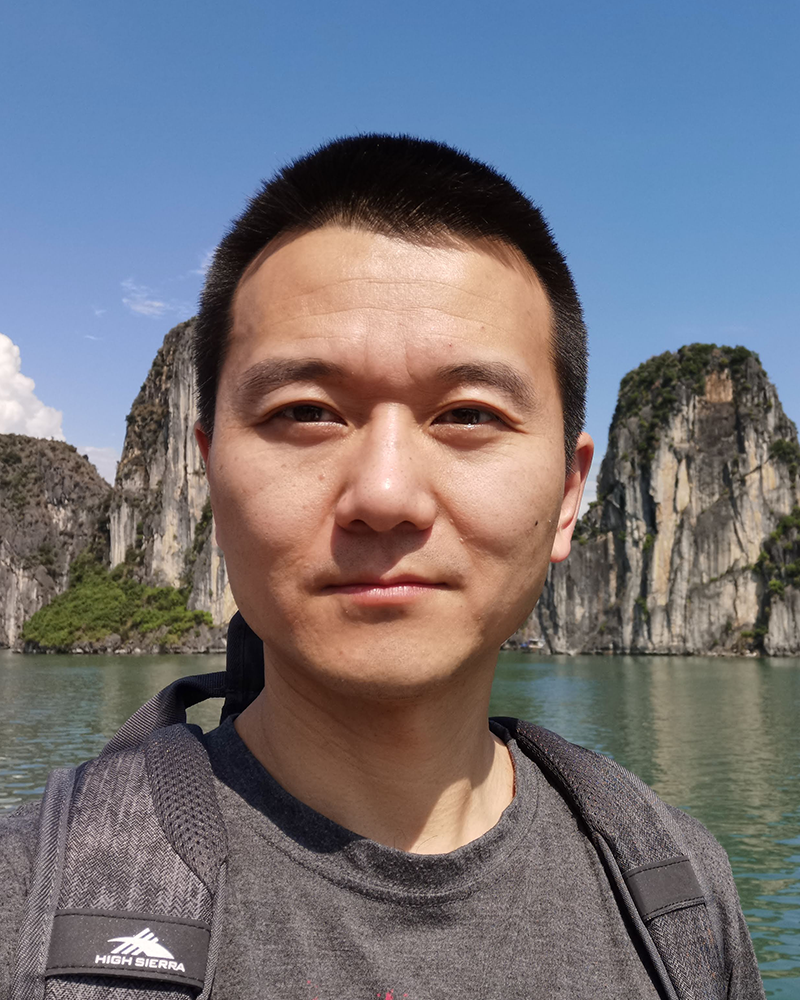Distinguished Lecturers
To request a Distinguished Lecturer (DL) for your next event, complete the DL Application Form. For more information or to see the full list, go to the Distinguished Lecturers page.

Singapore
Dr. Malika Meghjani is an Assistant Professor in the Computer Science and Design Pillar at Singapore University of Technology and Design (SUTD). She directs the Multi-Agent Robot Vision and Learning (MARVL) Lab, with the focus on algorithm design for efficient, reliable and scalable robots that can work independently and collaboratively with humans. Her research interests are in planning under uncertainty, reinforcement learning, computer vision, deep learning, and game theory. The applications of her work are in field robotics ranging from marine robots specifically, underwater and surface vehicles to self-driving cars and other ground vehicles in unstructured environments. Malika has been cited by Analytics Insight in 2020 as one of the World's 50 Most Renowned Women in Robotics. She is also 2017 SMART Postdoctoral Scholar, 2015 McGill Scarlet Key recipient, 2013 IEEE Canada Women in Engineering Prize awardee and 2013 Google Anita Borg Scholar.
Talk #1
Human-Centric Multi-Robot Systems
In this talk, I will present multi-robot systems in real-world environments that coordinate and collaborate with humans. Specifically, heterogeneous fleet of autonomous mobility-on-demand vehicles that coordinate with each other and human passengers to seamlessly connect the journey from first mile to last mile. A pair of unmanned aerial vehicles that collaborate with human operators for search and rescue operations. Lastly, a heterogeneous group of robots that collaborate with marine biologists for repetitive environment monitoring.

Rennes, France
Primary Keywords: Aerial Systems: Mechanics and Control; Aerial Systems: Perception and Autonomy; Calibration and Identification; Multi-Robot Systems; Optimization and Optimal Control; Robust/Adaptive Control of Robotic Systems; Reactive and Sensor-Based Planning; Sensor Fusion; Sensor-based Control; Visual Servoing; Wheeled Robots
Secondary Keywords: Compliance and Impedance Control; Localization; Mobile Manipulation; Motion and Path Planning; Nonholonomic Mechanisms and Systems; Nonholonomic Motion Planning; Visual-Based Navigation; Telerobotics and Teleoperation
January 1, 2019 – December 31, 2024

New Brunswick (NJ), USA